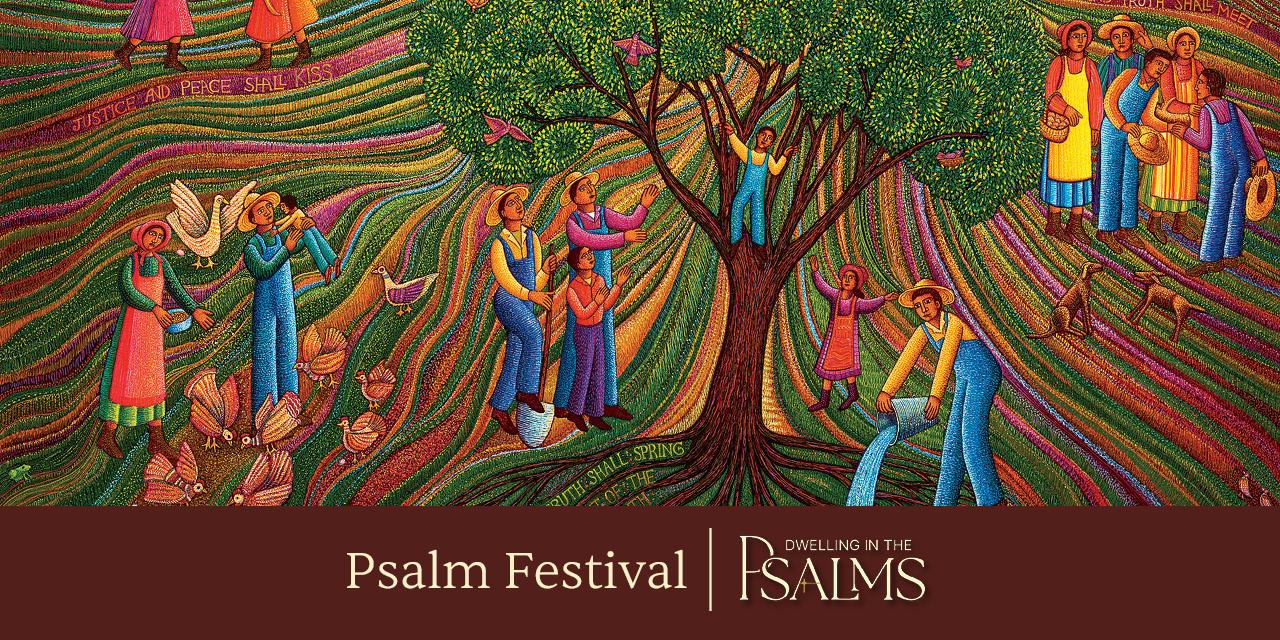The same goes for those who find the demographics in their congregations shifting and becoming more ethnoculturally diverse. Leading the next generation to grow in their faith and their leadership abilities involves learning from the shared wisdom available through books, articles, and training opportunities.
Among the sea of resources available to support our work with youth, those that speak to the lived realities and unique needs of Latin@ youth are scarce. With this in mind, we want to share with each other some of the treasures – new and vintage – that have informed and strengthened our ministry. We pray these will be useful to you as well!
Hot Off the Press
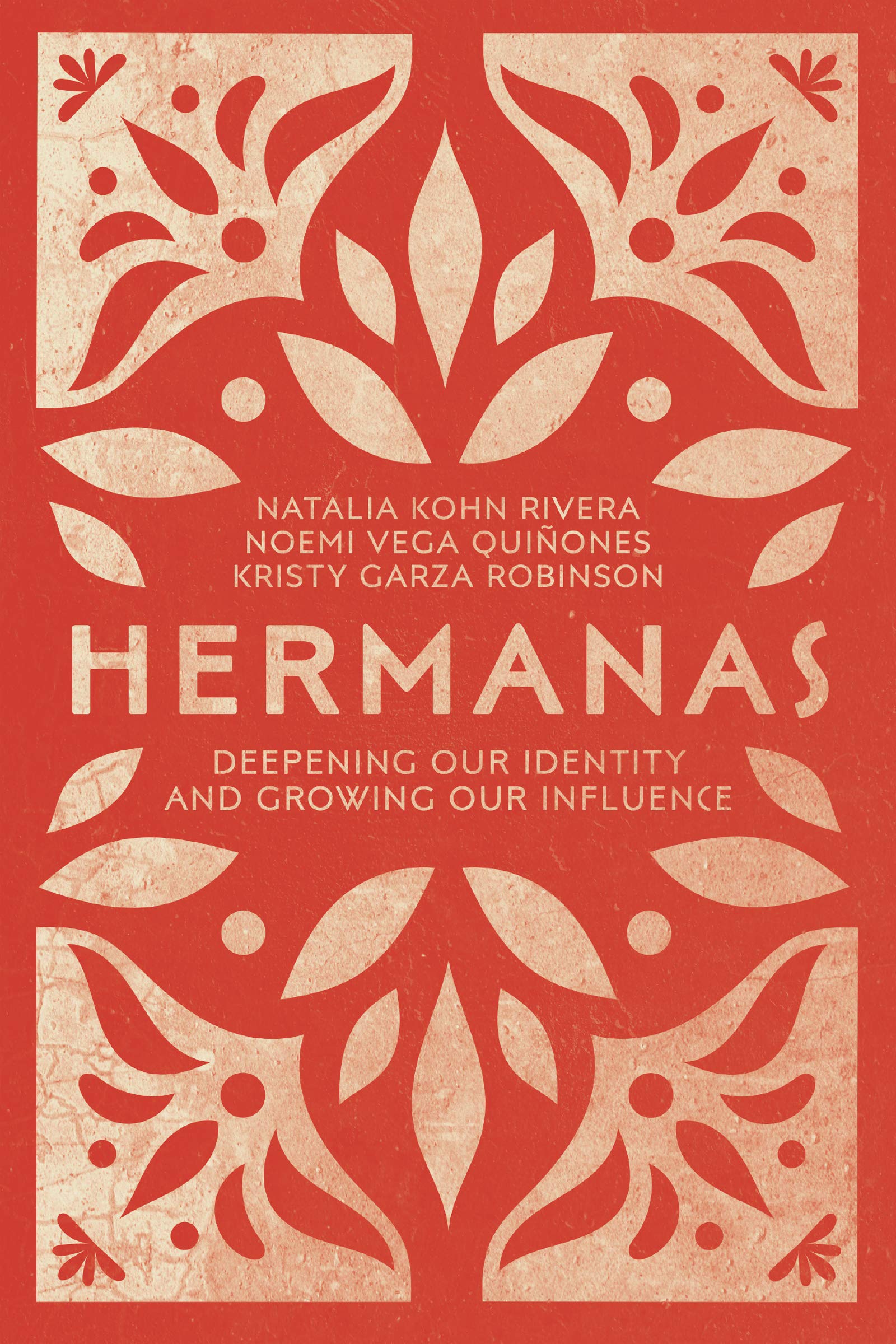
Book: Kohn, N., Vega Quiñones, N., & Garza Robinson, K. (2019). Hermanas: Deepening our identity and growing our influence.: Downers Grove, IL: IVP Books.
Summary: These authors have taken twelve stories in the Bible where women are at the center, and have brought to light important concepts that encourage Latinas to live a life of influence. Reading these well-known biblical stories through a fresh lens helps connect the stories of brokenness, suffering, being bicultural, and crossing borders with God’s redemptive plan throughout scripture. This is useful for guiding discussions with teens and young adults about the intersection of growing in faith and intimacy with God, while grappling with the multiplicity of lived experiences and identities of ourselves as Latin@s, and understanding how these can become tools to sharpen our leadership and influence in our communities, churches, and families.
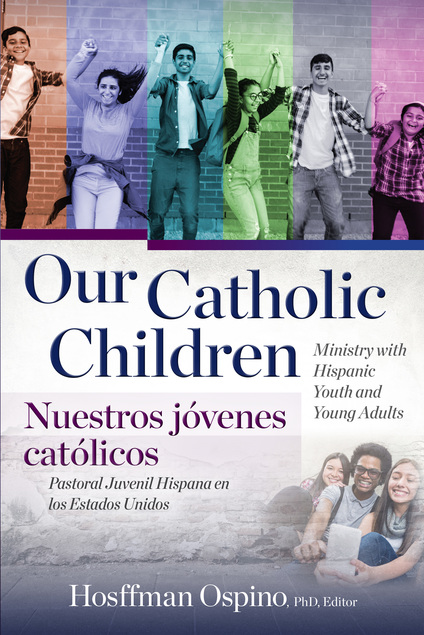
Edited Book: Ospino, H. (Ed.) (2018). Our Catholic children: Ministry with Hispanic youth and young adults / Nuestros jóvenes católicos: Pastoral juvenil hispana en los Estados Unidos. Huntington, IN: Our Sunday Visitor, Inc.
Summary: In following with the Framework for Catholic Youth Ministry, this edited book addresses its eight components: advocacy, catechesis, community life, evangelization, justice and service, leadership development, pastoral care, and prayer and worship. Written by ordained ministers, academics, and lay leaders who work with youth, it provides a wealth of insights into the lived realities and struggles of Latin@ youth. It also presents examples of innovative strategies for accompanying them in their faith and leadership journeys in the church, community, and schools. All eight chapters are both in English and Spanish, and the material can inform the praxis of other church denominations.
Oldies but Goodies
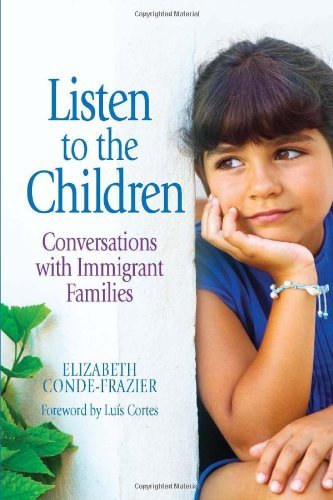
Book: Conde-Frazier, E. (2011). Listen to the children: Conversations with immigrant families / Escuchemos a los niños: Conversaciones con familias inmigrantes. Valley Forge, PA: Hudson Press Publishers.
Summary: Serving among communities with immigrant families presents unique challenges and opportunities. This book offers an exclusive view into the stories of immigrant families through their children’s eyes. In them, they share their experiences and perspectives of settling in a new land, the challenges towards acquiring education, the effects of one’s legal status, and the role that faith communities play in supporting these vulnerable families. Filled with sociological, theological, and practical insights from the author’s decades in ministry and academia, this book remains relevant and useful for today’s work. The book is written in both English and Spanish.
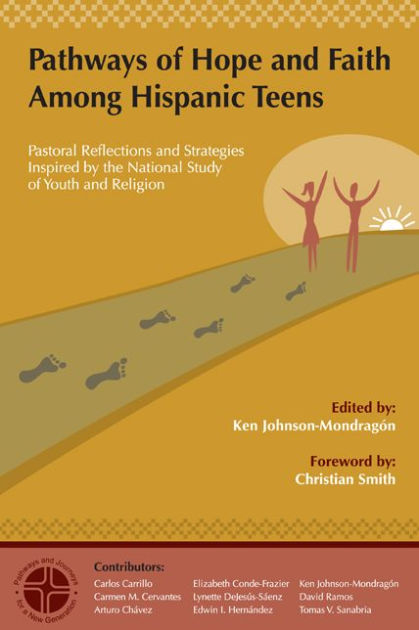
Edited Book: Johnson-Mondragón, K. (Ed.) (2007). Pathways of hope and faith among Hispanic teens: Pastoral reflections and strategies inspired by the National Study of Youth and Religion (Vol. 1). Stockton, CA: Instituto Fe y Vida.
Summary: This book is like a mini-encyclopedia with very robust concepts, a wide-array of topics presented, and high-caliber authors – and yet it is easy to read. First, it does the job of presenting portions of the National Study of Youth and Religion (NSYR, one of the most comprehensive research studies to date) which are most relevant to working with Latin@ youth. Second, the chapters include sections of the interview dialogues collected among Latin@ youth during the study, thereby allowing us to read their thoughts and expressions about their religious lives. Third, each chapter is written by academics and practitioners with years of experience working with Latin@ youth. The research information is paired with their pastoral, theological, and practical reflections and recommendations of what the data means for our praxis in faith communities.
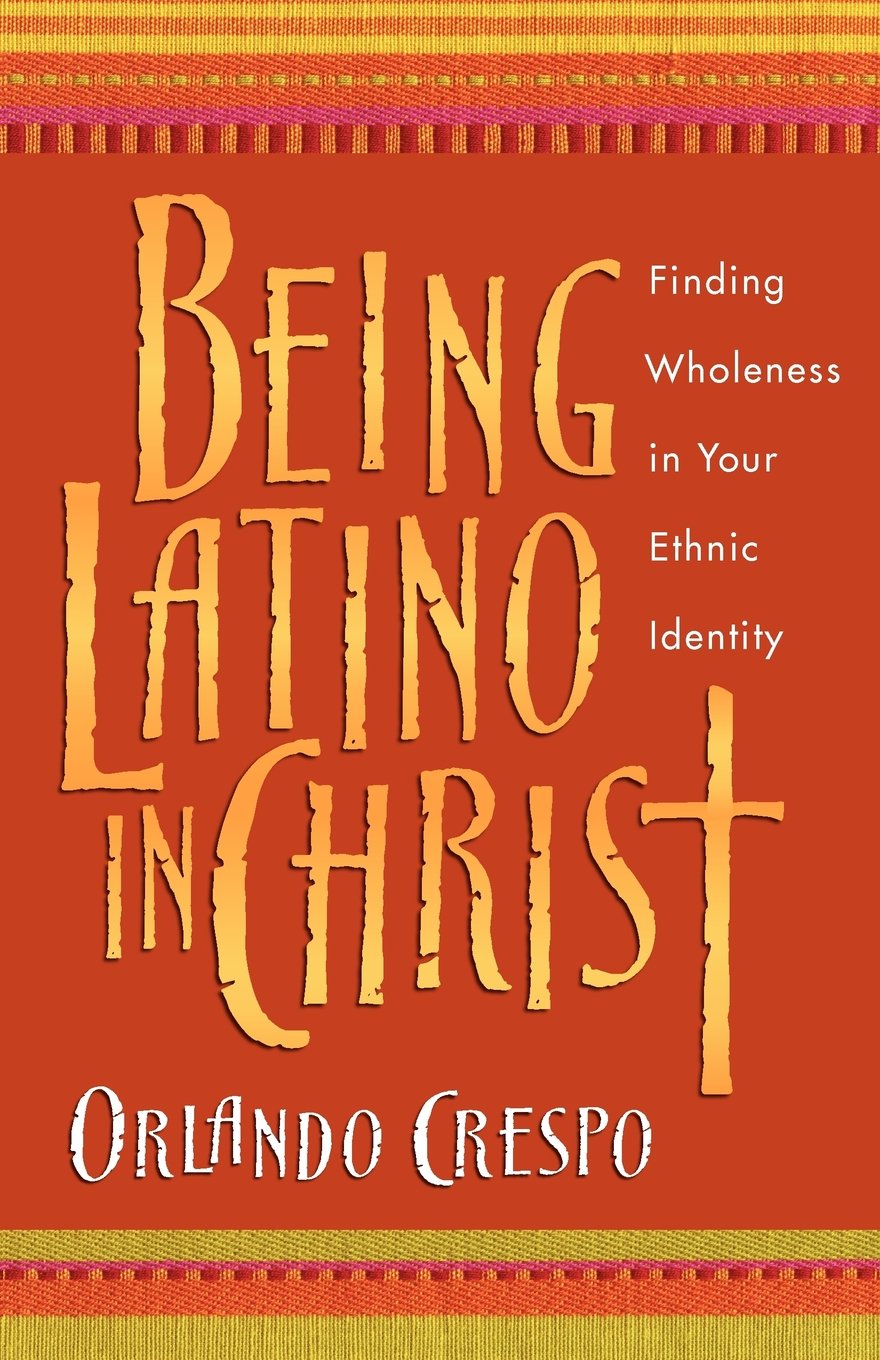
Book: Crespo, O. (2003). Being Latino in Christ: Finding wholeness in your ethnic identity. Downers Grove, IL: InterVarsity Press.
Summary: One of the greatest developmental challenges for young people is forming their identity – Who am I? The challenge increases exponentially for youth with a diverse ethnocultural background. In this book the author takes his personal story of living between two worlds as a Latino in the United States and, in a conversational-style, takes the reader into a journey of grappling with one’s ethnic identity, the racial prejudices faced day-to-day, and what scripture has to say about these challenges. In this journey of self-understanding through Jesus’ own story and identity, the author points to the hope we have in Christ and our ability to make a positive impact because of our uniqueness as bicultural leaders.
A Little Bit of Everything

Article: Tamez Méndez, E. (2017). Rethinking Latino youth ministry: Frameworks that provide roots and wings for our youth. Apuntes: Theological Reflections from the Hispanic-Latino Context, 37(2), pp. 42–91.
Summary: Those of us working in youth ministry in a Latin@ context soon find out that the mainstream models don’t address the ethnocultural and socioeconomic realities, complexities, and needs of our community, ministries, and young people. Therefore, we need to create our own. As a way of contributing to this ongoing dialogue and exploration, in this piece the author offers a series of analysis on the demographic, theological, socioeconomic, cultural, ministerial, human development, and leadership development concepts that impact Latin@ youth and which need to be addressed through our ministries. To tie these concepts together and give way to practical theology, a proposed holistic framework of ministry with Latin@ youth is presented within.
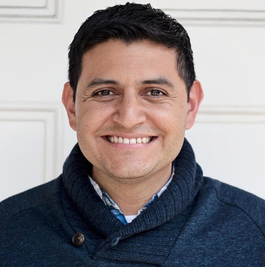
Blog Post: Canales, M. (2016, June 29). Redefining home: Challenges and opportunities in Latino youth ministry. Retrived from: https://fulleryouthinstitute.org/blog/redefining-home-latino-youth-ministry
Summary: As part of the “Sticky Faith” resources provided by the Fuller Youth Institute, there are a few blog posts that deal with how to link these concepts to the needs of youth, families, and congregations in multicultural contexts. By sharing the lived experiences of Latin@ youth in his community, the author presents some crucial aspects to consider and address when ministering to youth in Latin@ contexts, such as: la familia, migration, leadership dynamics, and identity formation. This blog post has a second part entitled “Cultivating Lasting Faith Among Latino Teenagers”: be sure to click the link at the end of the blog post to access this other important resource.
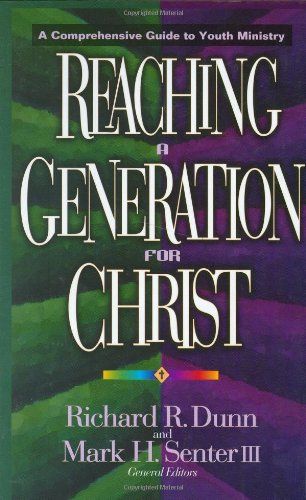
Edited Book Chapter: Powell, R., Alvarado, M. E., Mitchell, W., & Dunn, R. R. (1997). How do we minister to youth in ethnic communities? found in R. R. Dunn & M. H. Senter III (Eds.), A Comprehensive Guide to Youth Ministry: Reaching a Generation for Christ (pp. 395–417). Chicago, IL: Moody Press.
Summary: This chapter provides the opportunity to have at your fingertips a quick overview of what youth ministry looks like in Latin@, African American, and Asian communities. It is filled with insights about the challenges youth face in these diverse communities, and also how some congregations have responded to these in service. One unique characteristic of this chapter is that it not only contains the insights written by these four authors, it also includes responses from other experts to what they have expressed in their chapter section.
Online Resources and Continued Learning

Led by Dr. Lucas Leys, and formerly known as Especialidades Juveniles, e625 offers a wide selection of books, curriculum, and Bibles for children’s, youth’s, and college students’ ministry. The materials have been written in Spanish by Latin@ leaders or have been translated into Spanish. One book to look for: “7 Secretos para Lideres de Adolescentes” by Sergio Valerga. The website has several resources which can be accessed free of charge, and the Premium Membership provides access to more resources such as online magazines and videos. The website has discounts on purchases every Monday. They also offer training opportunities such as their certificate program, regional conferences, and international summits.
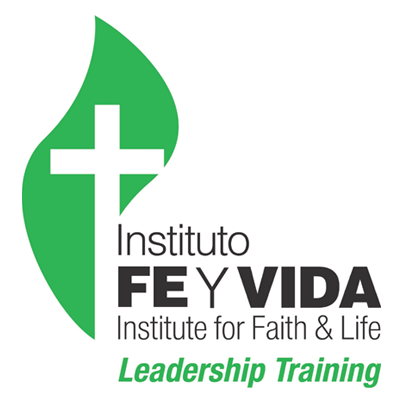
Instituto Fe y Vida is a unique organization in that it both provides books, curriculum, and Bibles for youth ministry in a Latin@ context, and produces the research that informs their materials and training programs. Geared to serve the needs of Catholic parishes and dioceses, their material can be useful to other denominations who seek material especially tailored to Latin@ youth in the United States. Most resources are either available in Spanish or in both English and Spanish (bilingual) versions. The Institute offers 30 different types of training programs to adjust to the needs and realities of the context where one ministers. Access their resource catalogue here.
